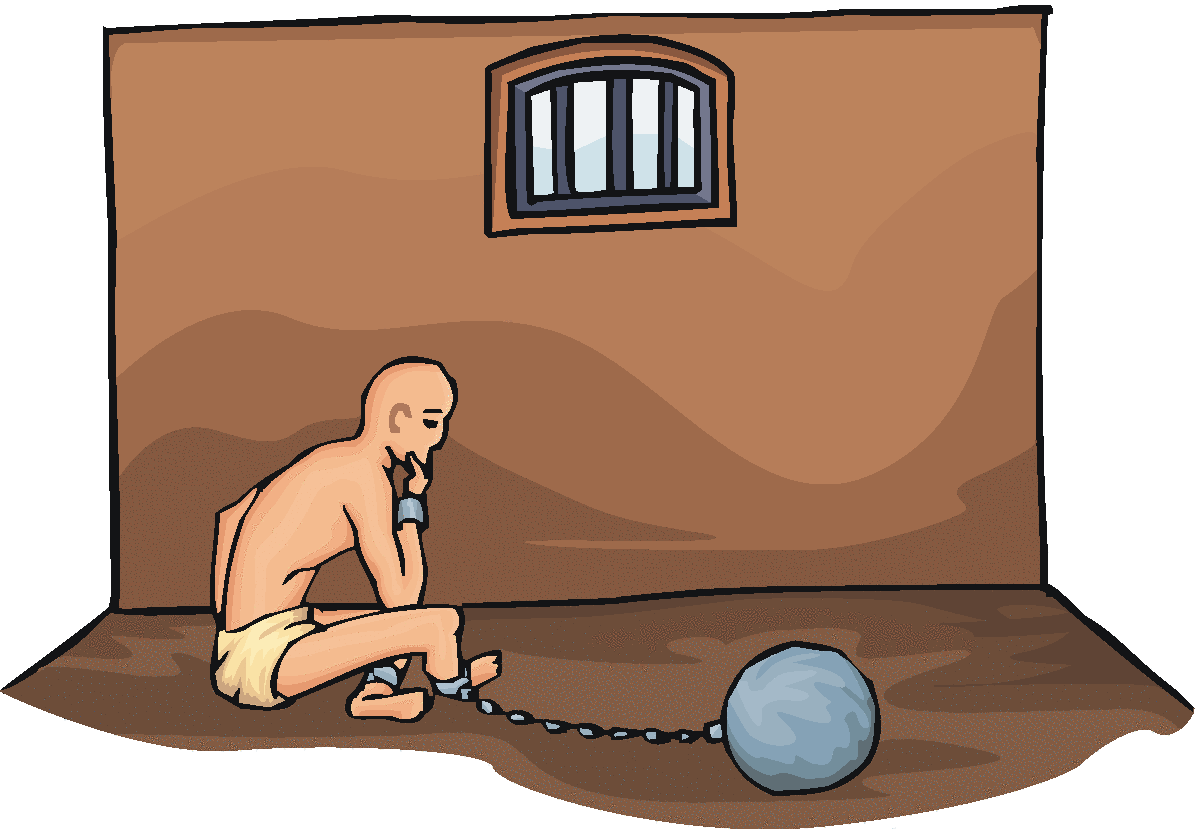
Mark 8:34, Deny himself. The inordinate love of self is the greatest obstacle to following Yeshua wholeheartedly.
The chief characteristic of a life dominated by self is possessiveness. Evidence of this is that to one degree or another one has forced Elohim out of the center of one’s life and has crowned himself as his own king and has given himself over to the coveting of things and the exaltation of self. To such a person, self-life has become their main focus and fiercest passion.
Moreover, surrounding oneself with many physical possessions causes one to feel elevated in that it makes one the ruler of one’s own kingdom—the kingdom of stuff and self. With such a person, the pronouns I and me are constantly heard from their lips, and they have becomes their own god and the leader of their own religious sect—the religion of self.
To the tyranny of things that largely monopolizes most men’s endeavors, Yeshua says “Deny yourself, take up your cross and follow me.” Elsewhere he says, “Blessed are the poor in spirit, for theirs is the kingdom of heaven” (Matt 5:3). Finally, our Master leaves us with these words to ponder,
For whosoever will save his life shall lose it; but whosoever shall lose his life for my sake and the gospel’s, the same shall save it. (Mark 8:35)
Mark 8:36, Profit …gain. When self is the king of one’s life, one’s chief goal becomes profit and gain. As Yeshua suggests in verse 34, the opposite of this is to deny oneself and to follow Yeshua, no matter the cost. For example,
He that loveth father or mother more than me is not worthy of me: and he that loveth son or daughter more than me is not worthy of me. And he that taketh not his cross, and followeth after me, is not worthy of me. He that findeth his life shall lose it: and he that loseth his life for my sake shall find it. (Matt 10:37–39)
No man can serve two masters: for either he will hate the one, and love the other; or else he will hold to the one, and despise the other. Ye cannot serve Elohim and mammon. (Matt 6:24)






